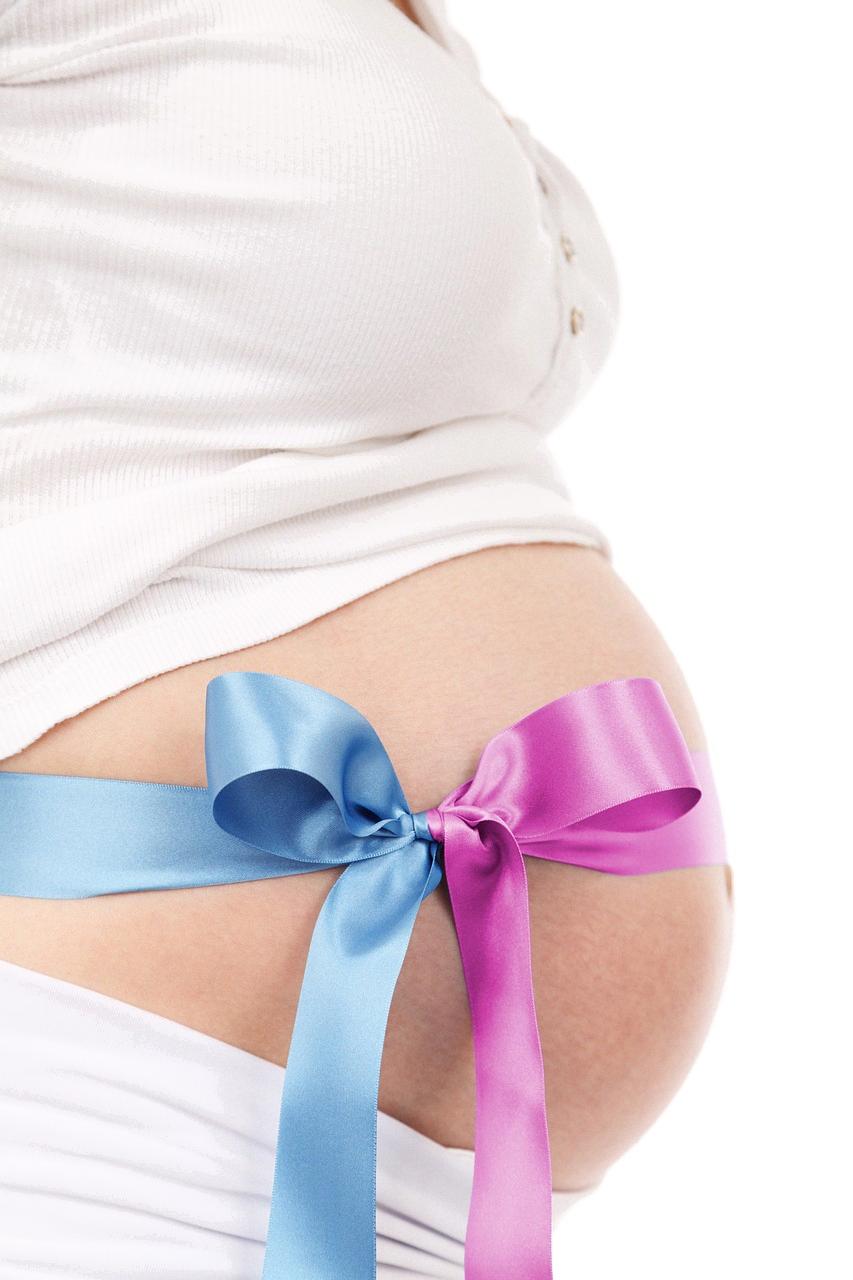When it comes to the timing of cesarean sections, many factors come into play to ensure the safety and well-being of both the mother and the baby. A common question that arises is whether having a C-section at 37 weeks of gestation is considered normal. Let’s delve into this topic and explore the implications of delivering a baby at this stage of pregnancy.
It is important to note that a full-term pregnancy is typically between 39 to 40 weeks. Delivery before this time frame is considered preterm, and there are various reasons why a C-section may be scheduled earlier, such as medical complications or the health of the baby or the mother.
Studies have shown that babies delivered via elective C-section at 37 weeks of gestation are at a higher risk of neonatal complications compared to those delivered at 38 weeks. These complications can range from respiratory issues to feeding difficulties, highlighting the importance of timing in cesarean deliveries.
While each pregnancy is unique, it is crucial for healthcare providers to weigh the risks and benefits of scheduling a C-section at 37 weeks. Factors such as the mother’s health, the baby’s development, and any existing medical conditions play a significant role in determining the optimal timing for delivery.
Although a C-section at 37 weeks may be necessary in certain situations, it is essential to thoroughly assess the potential risks and outcomes associated with early delivery. The goal is always to prioritize the health and well-being of both the mother and the baby throughout the birthing process.
Discussing the option of a C-section at 37 weeks with your healthcare provider is vital to ensure that all aspects of the decision are carefully considered. Open communication and informed decision-making are key to navigating this process and understanding the implications of early delivery.
As medical knowledge and technology continue to advance, the approach to cesarean deliveries evolves to enhance safety and outcomes for both mothers and babies. Research and guidelines are constantly updated to provide the best possible care for pregnant individuals facing the prospect of a C-section.
In conclusion, while a C-section at 37 weeks may be deemed necessary in certain circumstances, research indicates that neonatal complications are more prevalent at this gestational age compared to deliveries at 38 weeks. The decision to schedule a C-section should be carefully evaluated based on individual factors and medical considerations to optimize outcomes.
Ultimately, the decision regarding the timing of a C-section revolves around maximizing the health and safety of both the mother and the baby. Consulting with healthcare professionals and weighing the risks and benefits are fundamental steps in the journey towards a successful and healthy delivery.

